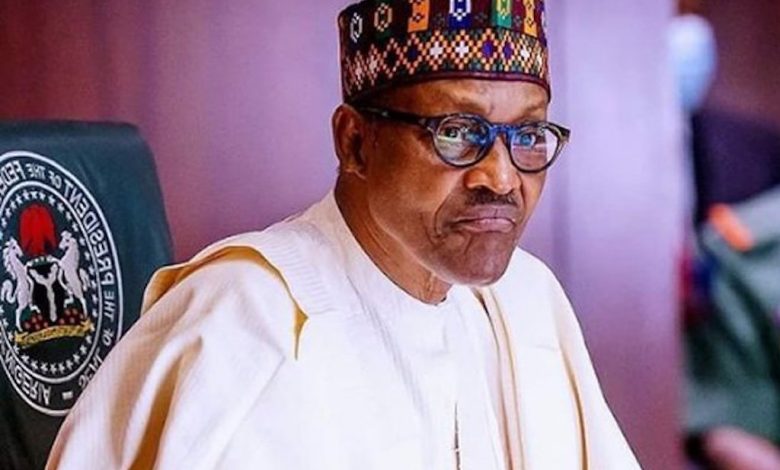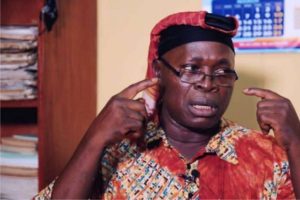
Veteran statesman Chief Edwin Clark recently voiced strong criticisms of former President Muhammadu Buhari and former Attorney-General Abubakar Malami, alleging they manipulated Nigeria’s judiciary to influence the outcome of the 2019 presidential election.
According to Clark, the controversial suspension of former Chief Justice of Nigeria (CJN) Walter Onnoghen was a calculated move aimed at undermining the electoral process, a decision he described as “disgraceful, callous, unjust, and barbaric.”
In an open letter addressed to the current Chief Justice of Nigeria, Justice Kudirat Kekere-Ekun, Clark praised the recent Court of Appeal ruling that exonerated Onnoghen of false asset declaration charges. He stated that this decision restores some faith in judicial integrity but lamented the damage done by what he perceives as a politically motivated attack on Nigeria’s judiciary under Buhari’s administration.
Clark claimed that Onnoghen’s abrupt removal in 2019 was a flagrant abuse of executive powers, orchestrated to neutralize any judicial resistance that might hinder the administration’s electoral objectives. “President Buhari humiliated and oppressed Justice Onnoghen simply because he posed a threat to their plans for the 2019 elections,” Clark asserted. He described the incident as a dark chapter in Nigeria’s political history from which the country is only now beginning to recover.
The elder statesman also criticized several judicial bodies, including the Nigerian Bar Association and the National Judicial Council, for remaining silent during the ordeal. He argued that Buhari’s interference in judicial matters compromised the independence and impartiality of the judiciary in favor of political gains.
A Threat to Judicial Independence
Clark further elaborated on his view that Onnoghen’s removal was strategically aimed at facilitating electoral manipulation. He suggested that the Buhari administration saw the former CJN as a potential obstacle to unconstitutional activities during the election period. “Justice Onnoghen would not have tolerated the plans they intended to carry out, and that’s why they had to remove him,” Clark alleged.
Calling for reform, he urged President Bola Tinubu to establish a government that upholds the rule of law without “sacred cows” and to resist any undue influence over the judiciary. He also underscored the irony in Onnoghen’s treatment, noting that the same judge had previously ruled in Buhari’s favor during a 2011 election petition. “For Buhari to then turn around and treat Onnoghen in such a way is deeply shameful,” Clark remarked.
Response from Buhari’s Camp
An official from Buhari’s administration, speaking on the condition of anonymity, defended the decision to suspend Onnoghen, citing alleged breaches in Nigeria’s asset declaration requirements. The official noted that Onnoghen had inconsistencies in his asset declarations, which were grounds for his suspension. “The records from the Code of Conduct Bureau show that Onnoghen declared his assets only twice—when he was appointed as acting CJN and when confirmed as CJN. Are we not justified in questioning his commitment to transparency?” the official asked.
The official further described the Court of Appeal’s decision to clear Onnoghen as a “political resolution” and insisted that Buhari’s actions were lawful and appropriate.
Hopes for Judicial Reform and Renewal
Despite his harsh critique, Clark expressed hope for a judiciary that remains independent and immune from political manipulation. He commended Justice Kekere-Ekun and the Court of Appeal for their fairness in reviewing Onnoghen’s case. “The judiciary has finally vindicated Justice Onnoghen, and I am grateful for this step toward justice. His ordeal was undeserved, and I continue to pray for his strength and resilience,” he said.
As Nigeria reflects on the allegations of executive overreach, Clark’s statements have reignited public discourse on the importance of an impartial judiciary and the separation of powers. Observers are watching closely for President Tinubu’s response to these renewed calls for judicial independence and reform.
Efforts to reach Garba Shehu, the former Senior Special Assistant to President Buhari, for comments on these allegations were unsuccessful.





